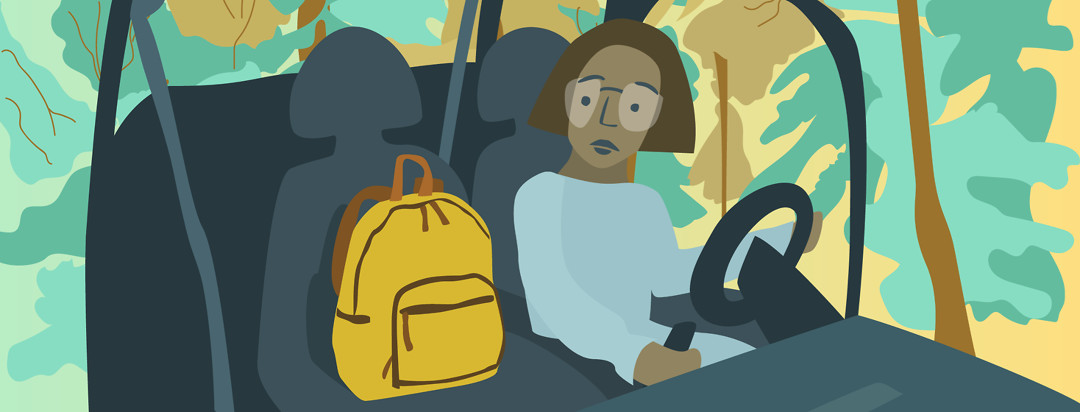How Do My Children See My Lung Cancer?
When I was diagnosed with stage IV lung cancer at the end of 2013, my husband and I didn’t tell our children immediately. At the time, my older son was 13 years old and in seventh grade; our younger son was 10 years old and in fifth grade. My official diagnosis was on December 26th and we waited until after New Year’s Eve had passed before telling the boys. They were both home from school for winter break and while it was difficult to paste a smile on our faces and pretend all was normal during the holidays, we waited until I had made contact with my oncologist and figured out what my path of treatment would be.
Picking the best time to tell our boys
My husband and I knew that my diagnosis would be difficult for our kids. I was a stay-at-home mom when I was diagnosed and very involved in every moment of their lives. The boys were old enough to understand the meaning of a cancer diagnosis and also old enough to google statistics and other details about lung cancer. Prior to my diagnosis, a much-loved teacher from their elementary school had recently passed away from pancreatic cancer, so my boys associated cancer with death.
By the time we told our sons about my diagnosis, we had learned that I had an EGFR mutation and was going to be treated with an oral targeted therapy medication. We had found an excellent thoracic oncologist at Northwestern (now at University of Chicago). So, we were able to let them know about my lung cancer diagnosis and how it was going to be treated during the same discussion. While they knew I had been having a lot of doctors’ visits due to problems with my elbow, the boys never expected to learn that their mom had cancer, especially lung cancer. We assured them that I would be getting the best treatment possible and told them that we were going to strive to keep their lives and activities completely normal, although we might need some help from friends in order to do this.
Children are resilient
Of course, there were lots of tears — both boys’, mine and my husband’s. My younger son had lots of questions while my older son went off to his room to think and process the news. My husband touched base with both of them a little later to see if they had additional questions they didn’t want to ask in front of me, and of course, they both wanted to know how long I would live. My husband told them that there was no way to know that for sure and reassured them that I would be getting excellent treatment. He also made sure to let them know that any online statistics would be out of date and not necessarily applicable to my situation.
You know the saying that kids are resilient? One of the hardest things to deal with when getting a cancer diagnosis is uncertainty. My boys have been living with uncertainty for over 5 years now and I truly believe they handle it better than myself or my husband. We both ended up having copious amounts of therapy to help with scanxiety. As my husband and I learned coping skills, we modeled those coping skills for our children so that over time, they ended up viewing my lung cancer as part of my life and our family life, as opposed to something that has taken over all of our lives. My hope is that this resilience will help them in the future, regardless of what life throws in front of them.
Facing the future as a family
I have been fortunate in my lung cancer treatment and continue to take oral targeted therapy medication almost five and a half years after diagnosis, visiting my oncologist usually every three months. My boys know about all of these appointments and while we let them know my scan results as soon as we find out, I feel that they have become less and less anxious over these results as time has gone on and I’ve continued with stability. I no longer think they picture a world, at least in the short term, without their mom in it. By getting involved in advocacy, I believe I have also modeled for my children how important it is to continue to live your life despite adversity and attempt to help others.
At some point, however, my cancer will likely find a way to get around my current treatment and while I will have a number of options, none of those available right now would be as non-intrusive in my life as my current treatment. Given my long-term success with targeted therapy, I believe a change to a different kind of treatment would take some getting used to for all of us. Hopefully, the resilience we have learned since my diagnosis will help with any adjustments we might need to make.
Community Poll
Have you taken our In America Survey yet?

Join the conversation